Walmart stores close overnight amid financial fall
The country has already blown through a $15 billion loan from the IMF.
BUENOS AIRES, Argentina -- Argentina is in an economic freefall — again — and the government of President Mauricio Macri may be too late to stem the tide of social and economic hardship that lies ahead.
DOT, one of the most upscale malls in Argentina, is already taking a hit. The enormous shopping center was inaugurated in early 2009 with a Walmart and Falabella, a Chilean department store, as its flagship stores. However, those economic boom times are no more, and today, the DOT is an empty shell of a mall.
"It's really sad", Sandra, who asked that her last name remains private, told ABC News from a completely empty, chic women's clothing store at the mall. "I've worked here for eight years but I don't know what tomorrow might bring. The only times we have customers is [when] people [come] from the movie theaters, but even that has dropped".
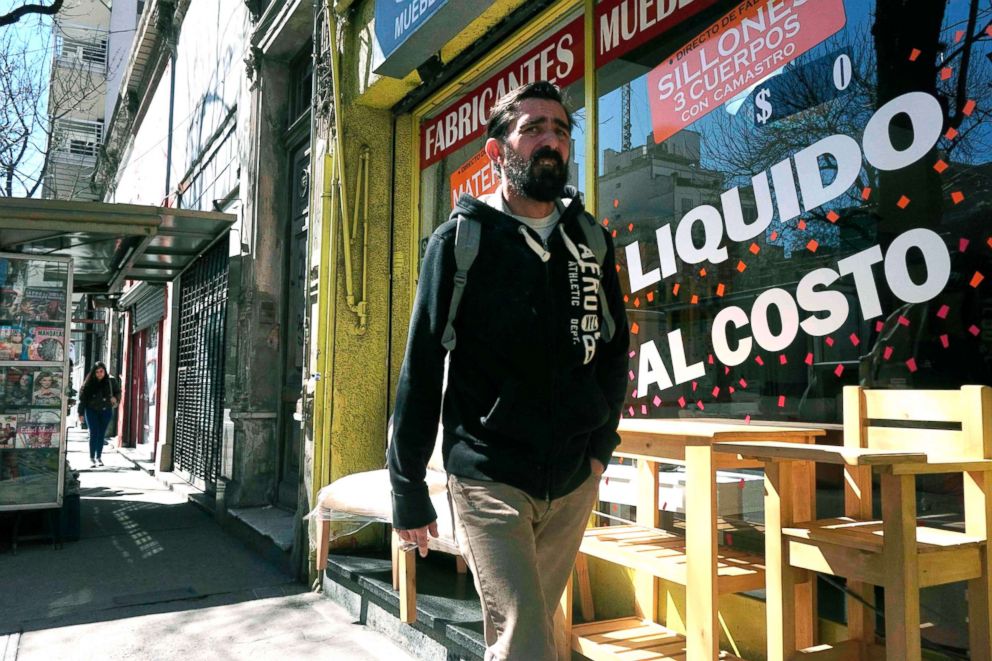
The DOT complex, which includes an office building and hotel in addition to the mall, was built by Argentine developer IRSA for $450 million. At the time, it was a solid investment; Argentina's economy was bullish, rising about 8 percent annually. But times have changed for Argentina.
The peso's value has dropped significantly this year. The government's budget for this year had predicted an inflation increase of 12 percent, but it's now estimated to be closer to 42 percent, according to the International Monetary Fund. Growth projections, which were estimated to be between 3 and 5 percent have shrunk so dramatically as the crisis has persisted that even the most optimistic government figures predict negative growth of 2.7 percent. Interest rates, already at record highs, jumped last week from 45 to 60 percent. And the foreign debt, which had finally been reigned in to under 40 percent of GDP has skyrocketed up to 75 percent in less than three years.
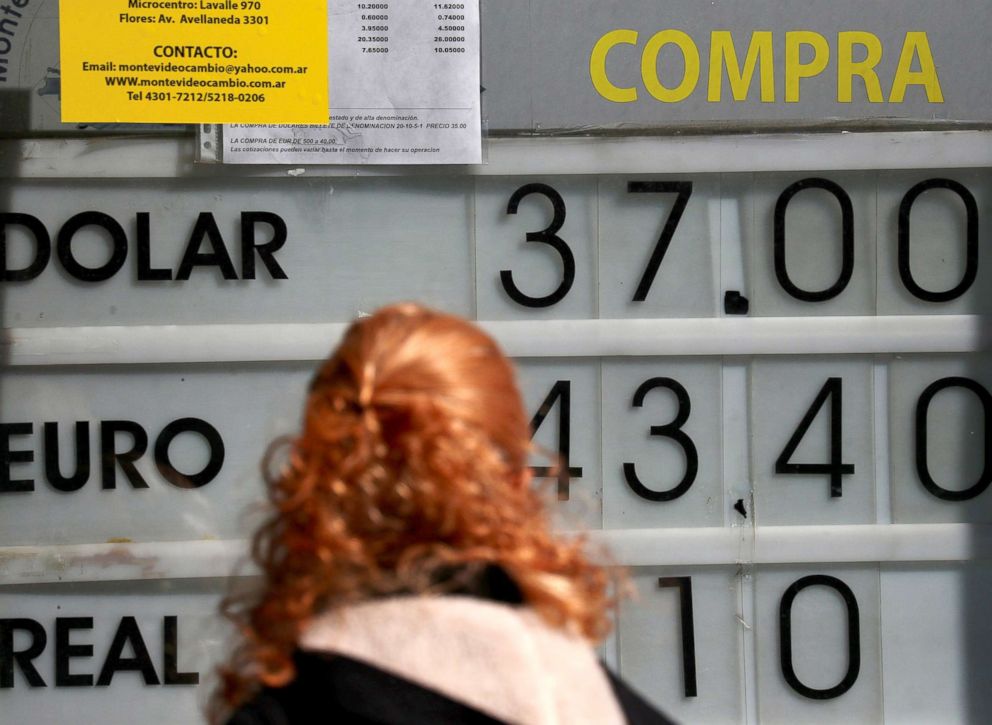
For the typical person, the economic downturn has resulted in an unemployment rate three times higher than the 5.9 percent the administration inherited, according to the Ministry of Labor. Utility rates have surged as well; electric bills are up 1,400 to 1,700 percent, gas prices have risen in a similar fashion and the cost of using water has gone up by 1,000 percent. Utility companies are looking to raise prices, too — gas companies, for example, want to increase their rates by 90 to 200 percent.
Walmart announced this past week that it was closing 13 stores in the Buenos Aires metropolitan area, including its flagship store at DOT, which was shuttered within a day. There weren't any employees at the store on Wednesday.
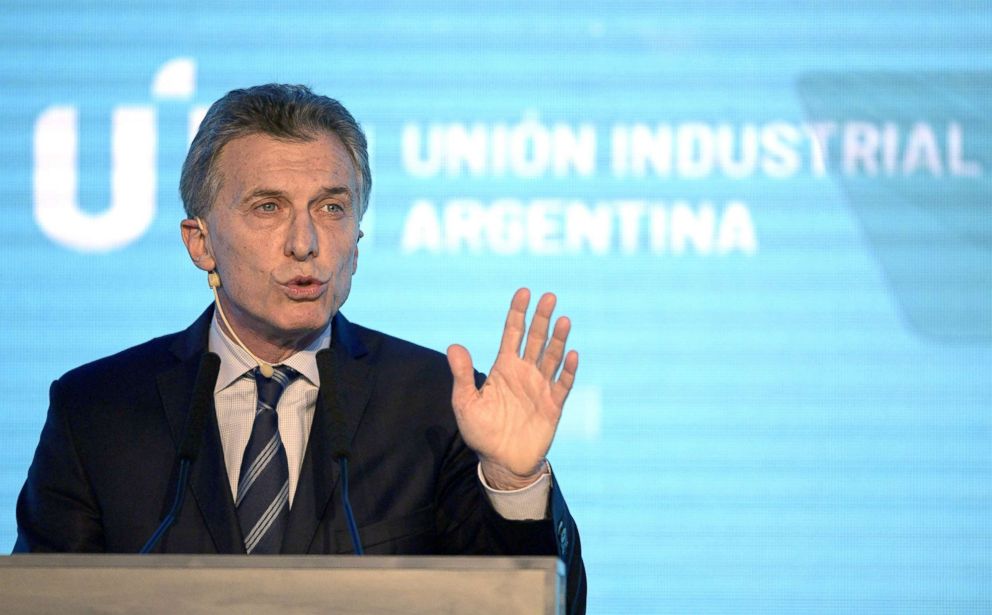
Next door, the employees of Hausbrot, a bread and pastry store lamented that their business relied on the flow of customers entering and exiting Walmart.
"Not only that but in the last two days, flour prices have risen by 25 percent, a cost that we just can't pass on to the customers," the Hausbrot manager told ABC News. He said he was worried that the store will have to close down.
Those working at a toy and bookstore in the mall told similar stories.
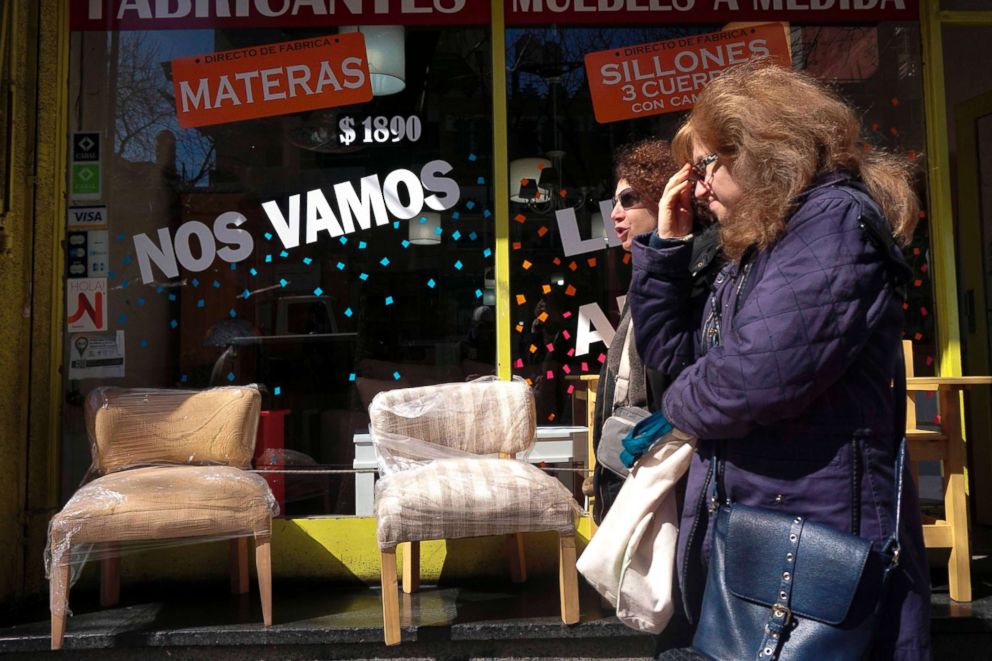
Carlos, who works at the bookstore, Yenny, told ABC News that these days he spends most of his time at the store daydreaming.
"The only time we get a big group of shoppers is when one of the tour buses comes in with people from other countries. I think in the last month we've done more business with Brazilians, Chileans and Uruguayans than with Argentines."
Even the local Starbucks is feeling the pinch.
"We used to ask for people's names, you know, to write on the cup,", one of the baristas told ABC News. "These days we don't even need to do that".
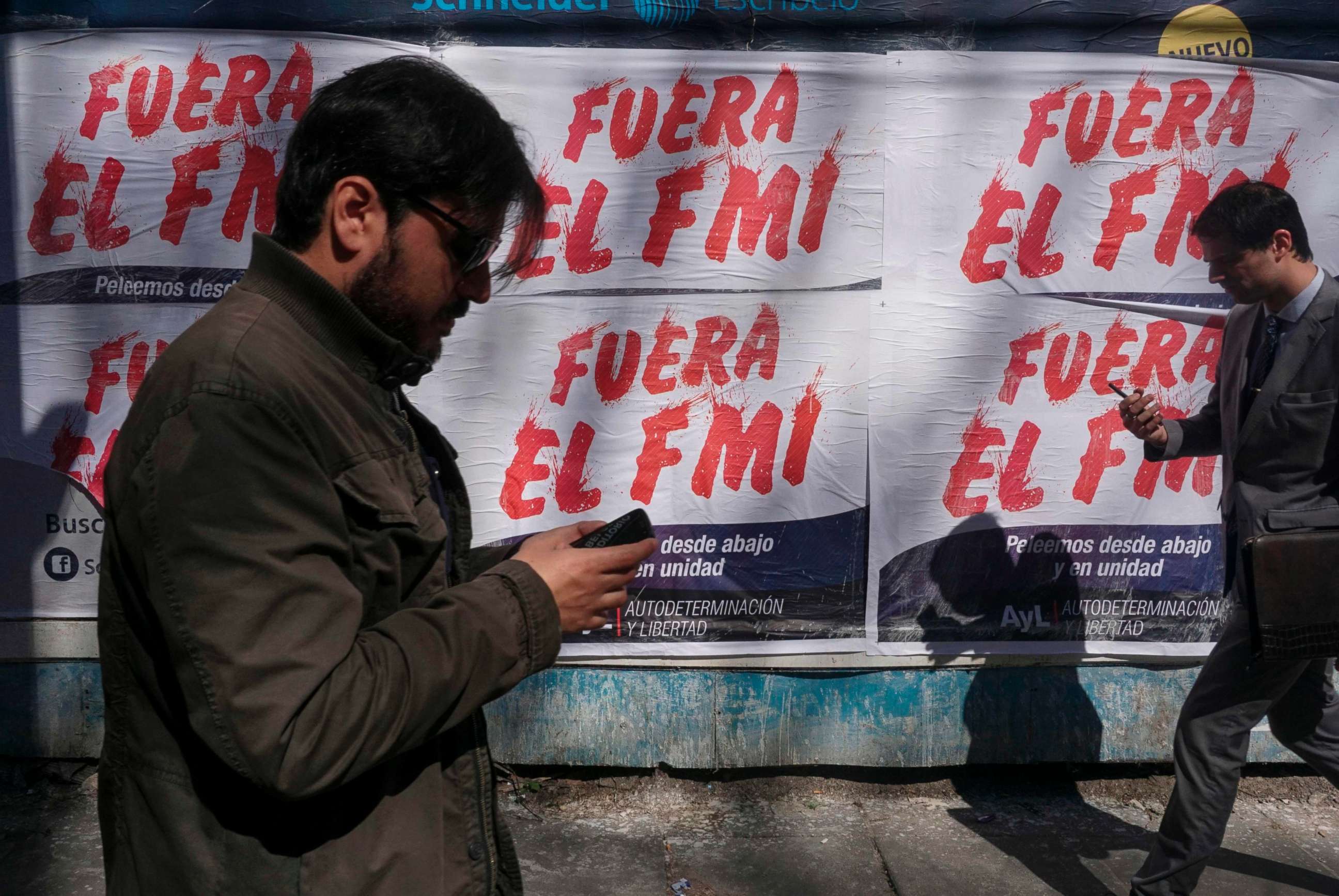
Following a 15-minute conversation with Macri on Tuesday morning, President Donald Trump released a statement supporting Argentina's attempt to fix its economy through assistance from the International Monetary Fund. However, the first bridge loan from the IMF, for $15 billion dollars, has already been spent just two months after receiving it.
One Macri administration official told ABC News a month ago that the bad times will pass, adding poetically that "what is needed is to move the sands of time."
But more and more, that sand appears to be quicksand.



